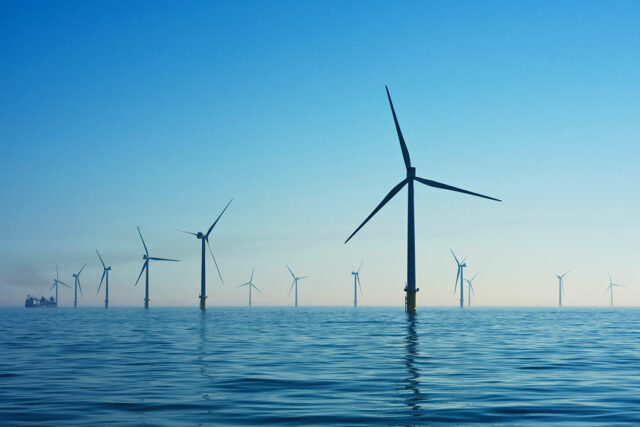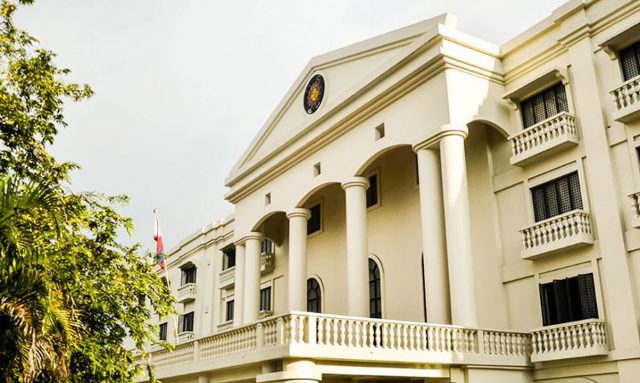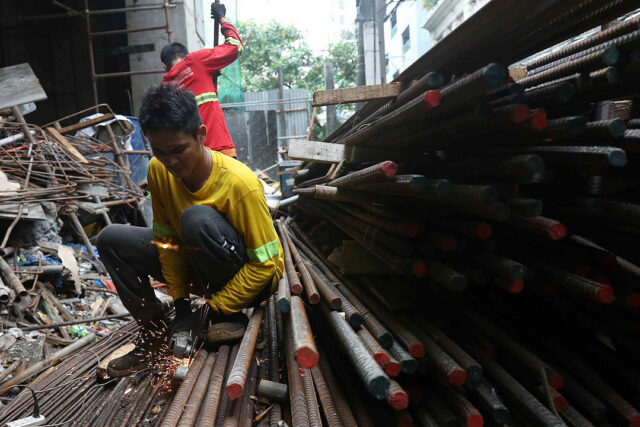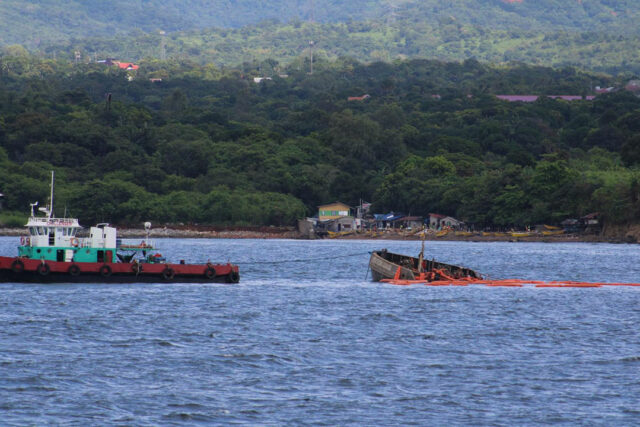As technology advances, digital services are becoming more and more essential, offering convenience through mobile platforms with products like music and movie streaming. Because our current tax system is generally designed around conventional modes of business, it has become necessary to revisit the current tax regime to address the gaps created by evolving technology.
The legislature’s Bicameral Conference Committee recently approved the reconciled version of House Bill No. 4122 and Senate Bill No. 2528, which seeks to impose Value-Added Tax (VAT) on digital transactions of nonresident digital service providers (NDSPs).
The draft law defines digital service as any service supplied over the internet or other electronic network with the use of information technology where the supply of the service is essentially automated. This includes online search engines, online marketplaces or e-marketplaces, cloud services, online media and advertising, online platforms, or digital goods.
Meanwhile, a digital service provider refers to a resident or nonresident supplier of digital services to a consumer who consumes services subject to VAT in the Philippines. An NDSP means a digital service provider that has no physical presence in the Philippines. The draft law tasks the BIR with establishing a simplified automated registration system for NDSPs.
Once signed into law, digital services rendered in the course of trade or business will be expressly included in transactions subject to 12% VAT. Digital services being delivered by NDSPs will be considered performed or rendered in the Philippines if the digital services are consumed in the Philippines. Note, however, that NDSPs are not allowed to claim creditable input tax.
VAT-registered NDSPs classified as online marketplaces or e-marketplaces are required to withhold and remit VAT on transactions that go through their platforms, if they set, either directly or indirectly, any of the terms and conditions under which the supply of goods is made; or if they are involved in the ordering or delivery of goods whether directly or indirectly.
The bills also listed transactions that are exempt , particularly online courses, seminars, and training rendered by private educational institutions duly accredited by the Department of Education (DepEd), the Commission on Higher Education (CHEd), the Technical Education and Skills Development Authority (TESDA), and those rendered by government educational institutions, including the sale of online subscription-based services to these entities, as well as services of banks, non-bank financial intermediaries performing quasi-banking functions, and other non-bank financial intermediaries, including those rendered through the digital platforms.
With respect to the VAT remittance mechanism, a digital service provider, whether resident or nonresident, will generally be liable for assessing, collecting, and remitting VAT on digital services consumed in the Philippines. However, if the consumers of the digital services are VAT-registered (such as certain corporations, partnerships, and sole proprietorships), a reverse charge mechanism may be applied wherein the VAT-registered taxpayer will withhold and remit the VAT due on its purchase of digital services from NDSPs within 10 days following the end of the month in which the withholding was made.
Documentation-wise, digital sales or commercial invoices are to be issued for every sale, barter, or exchange of digital services made by a VAT-registered NDSP.
The invoice should indicate the transaction date, reference number, and a brief description of the transaction. It should likewise include the identification of the consumer and the total amount with the indication that such amount includes the VAT. If the sale of digital services includes some services subject to VAT, are VAT zero-rated or are VAT-exempt, the invoice must clearly indicate the breakdown of the sale price, including the calculation of VAT on each portion of the sale.
Overall, it is clear that the intention of the bill is to establish parameters for how digital services rendered and consumed in the Philippines will be taxed moving forward. Countries in the Asia-Pacific region, such as Singapore, Thailand, and Japan, have rules in place for digital services. Passage of this bill will align our VAT system with the VAT regimes of other APAC countries.
However, while digital service is defined as any service supplied over the internet or other electronic network with the use of technology, the mechanism on how digital services will be considered “consumed” within the Philippines remains vague and leaves some uncertainty. This is critical since VAT will only apply to digital services that are consumed in the Philippines.
Anchoring on the term “consumed,” it might be reasonable to assume that digital services are considered consumed in the Philippines if the service recipient is a Philippine customer, based on the expectation that the customer will use the services within the country. However, this may not always hold true, particularly if a customer, though a resident of the Philippines, goes abroad for a certain period of time. In such cases, the customer’s location could also influence whether the services are deemed to be consumed domestically or not.
For comparison, under Singapore rules, VAT on digital services are likewise based on destination wherein the tax obligation arises if the consumer is a resident or enjoys the benefit of the services in Singapore. It has been a practice of digital service providers to use the customs billing address or IP address of devices used to download/access the services, or a bank or credit card issuer’s address to establish services consumed in Singapore and thereafter substantiate the VAT due.
As for online marketplaces, Thailand has a similar rule in which the online or e-marketplace is only liable to VAT if such providers perform the offering, delivering, and receiving payment for the service. It may be concluded that a digital service provider should perform the essential activities related to the service provision to be liable to VAT.
While these proposed changes may not be new to some NDSPs, I hope that, for smooth transition and compliance, the implementing rules and regulations provide more detailed guidelines and clarifications once the bill is signed into law.
The views or opinions expressed in this article are solely those of the author and do not necessarily represent those of Isla Lipana & Co. The content is for general information purposes only, and should not be used as a substitute for specific advice.
Joyce Anne Boaloy is a manager at the Tax department of Isla Lipana & Co., a Philippine member firm of the PwC network.
joyce.b.boaloy@pwc.com












